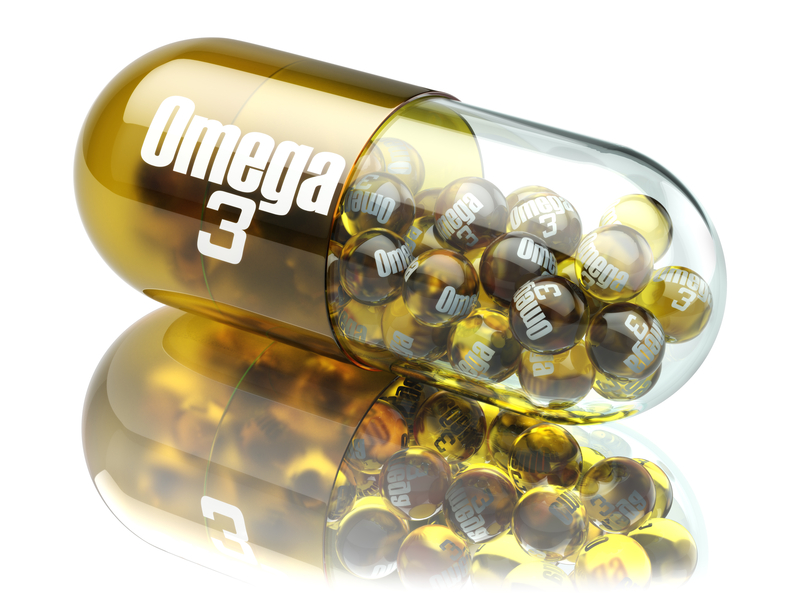Can Omega-3 Fatty Acids Improve Neural Deficiencies Observed With Attention Deficit/Hyperactivity Disorder?
Attention disorders are serious chronic conditions that can affect the attention and behavior of individuals starting as children and all the way into adulthood. Attention-deficit/hyperactivity disorder (ADHD) is a subset of attention disorders where individuals feel heightened levels of hyperactivity and impulsiveness that hinders attention spans. Common symptoms plaguing ADHD patients include fidgeting, irritability, absent-mindedness, forgetfulness, anxiety, and depression, just to name a few. Though many of the adverse effects of ADHD are related to attention and activity, individuals also suffer from self-esteem and learning deficits that impact daily life. Individuals are likely to interrupt, violate rules, and receive negative attention from peers, causing potential mental disorders and substance abuse. There are more than 3 million cases of ADHD reported in the United States every year. Males are more likely to develop ADHD and individuals are at highest prevalence from ages 6-40 years. Current treatments for ADHD include a variety of pharmaceutical agents or therapy to psychoanalyze and improve daily life for those with this disorder.
In the past couple of decades, research has shifted to investigate the use of fatty acids as a source of neural therapy for individuals with attention disorders. EPA, ALA, and DHA are three prominent acid components in long-chain polyunsaturated fatty acids. DHA has been shown to concentrate within the brain tissue and neural membranes, affecting neuronal function and structure. Furthermore, ALA deficiency has shown to reduce the concentration of DHA in the brain membrane lipids, in turn influencing behavior. The tie between ADHD and fatty acids is seen in the abnormal levels of omega3:omega 6 fatty acid ratios in the brains of individuals suffering from ADHD.
A recent study sought to elaborate on the relationship between omega 3 fatty acid supplementation and ADHD symptoms through a 12-week clinical trial with school age boys exhibiting ADHD characteristics. After 12 weeks of intervention, those supplemented with omega 3 capsules sustained significantly higher levels of EPA and DHA than the control group. Behavior alterations were less significant between the two groups, showing the progress that could be made with higher supplementation levels and longer study duration. EPA has shown many beneficial effects for depression and anxiety, so the partnership of EPA and DHA could lend benefits to adverse symptoms of ADHD as well. Researchers additionally proposed the marriage of omega 3 supplementation with existing pharmaceutical agents to alleviate the adversities of ADHD in a safer and less side effect driven manner.
There is a growing field of research centered on fatty acid supplementation with mood and attention disorders. The culmination of these research efforts through clinical trials possess the potential implementation of natural therapy, but more time and trials will be devoted to provide sufficient evidence of these therapeutic benefits. The molecular mechanisms of fatty acids to infiltrate into the brain, integrate into membranes, and promote antioxidant activity and inflammatory responses suggests their use to improve neural deficits observed in mood and attention disorders such as ADHD.
Reference—
Matsudaira Toshiko, Gow Rachel V., Kelly Joanna, Murphy Caroline, Potts Laura, Sumich Alexander, Ghebremeskel Kebreab, Crawford Michael A., and Taylor Eric. Journal of Child and Adolescent Psychopharmacology. December 2015, 25(10): 775-782. doi:10.1089/cap.2015.0052.



